Hyundai i20 vs smart #1 – Differences & prices compared
Both models have their strengths – but which one suits you more?
Compare performance, efficiency, price and space directly: Hyundai i20 or smart #1?
Costs and Efficiency: Price and efficiency are key factors when choosing a car – and this is often where the real differences emerge.
Hyundai i20 has a decisively advantage in terms of price – it starts at 17400 £, while the smart #1 costs 31700 £. That’s a price difference of around 14305 £.
Engine and Performance: Power, torque and acceleration are the classic benchmarks for car enthusiasts – and here, some clear differences start to show.
When it comes to engine power, the smart #1 has a convincingly edge – offering 428 HP compared to 100 HP. That’s roughly 328 HP more horsepower.
In acceleration from 0 to 100 km/h, the smart #1 is significantly quicker – completing the sprint in 3.90 s, while the Hyundai i20 takes 11.10 s. That’s about 7.20 s faster.
In terms of top speed, the Hyundai i20 performs hardly perceptible better – reaching 183 km/h, while the smart #1 tops out at 180 km/h. The difference is around 3 km/h.
There’s also a difference in torque: smart #1 pulls convincingly stronger with 584 Nm compared to 200 Nm. That’s about 384 Nm difference.
Space and Everyday Use: Beyond pure performance, interior space and usability matter most in daily life. This is where you see which car is more practical and versatile.
Both vehicles offer seating for 5 people.
In curb weight, Hyundai i20 is clearly lighter – 1088 kg compared to 1780 kg. The difference is around 692 kg.
In terms of boot space, the Hyundai i20 offers barely noticeable more room – 352 L compared to 323 L. That’s a difference of about 29 L.
In maximum load capacity, the Hyundai i20 performs slightly better – up to 1165 L, which is about 179 L more than the smart #1.
When it comes to payload, Hyundai i20 hardly perceptible takes the win – 472 kg compared to 470 kg. That’s a difference of about 2 kg.
Who comes out on top?
Overall, the smart #1 shows itself to be wins the duel decisively and secures the title of DriveDuel Champion.
It convinces with the more balanced overall package and proves to be the more versatile choice for everyday use.
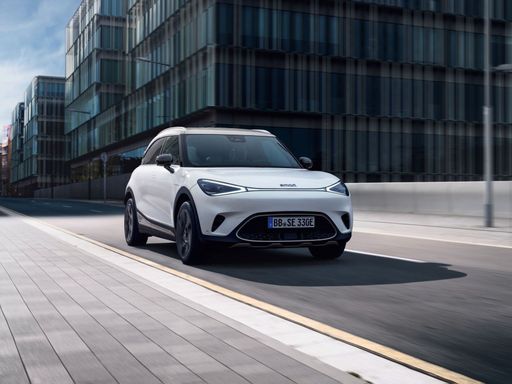
smart #1
Hyundai i20
The Hyundai i20 impresses with its sleek design and modern aesthetics, making it a stylish choice in the compact car segment. Its interior is thoughtfully designed, offering comfort and advanced technology for a pleasurable driving experience. The vehicle also stands out with its efficient performance and agile handling, making city driving a breeze.
details @ hyundai.news
@ hyundai.news
 @ hyundai.news
@ hyundai.news
 @ hyundai.news
@ hyundai.news
 @ hyundai.news
@ hyundai.news
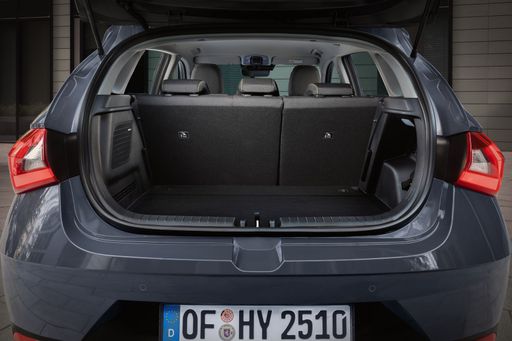 @ hyundai.news
@ hyundai.news
smart #1
The smart #1 marks a significant evolution in design philosophy, merging urban practicality with modern aesthetics. Its compact size belies a spacious interior, crafted to offer a comfortable and connected driving experience. With its focus on eco-friendly motoring, the smart #1 is set to charm city dwellers seeking both efficiency and style.
details @ Smart Deutschland
@ Smart Deutschland
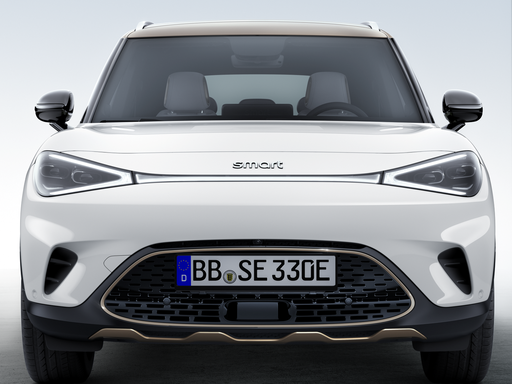 @ Smart Deutschland
@ Smart Deutschland
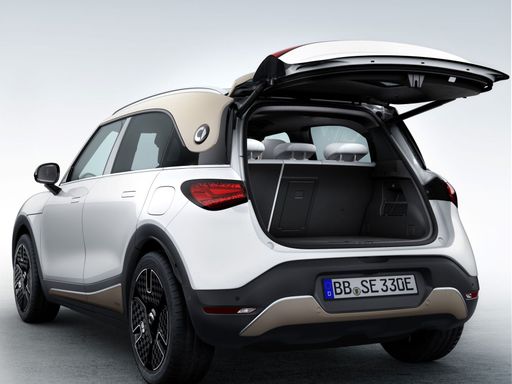 @ Smart Deutschland
@ Smart Deutschland
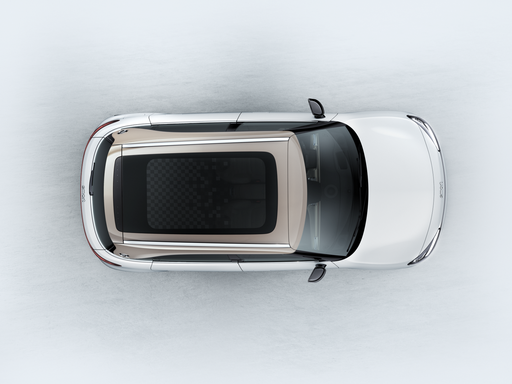 @ Smart Deutschland
@ Smart Deutschland
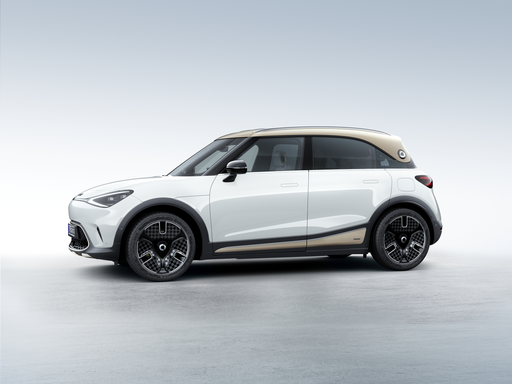 @ Smart Deutschland
@ Smart Deutschland
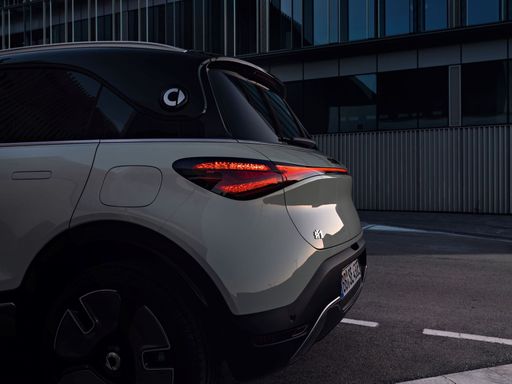 @ Smart Deutschland
@ Smart Deutschland
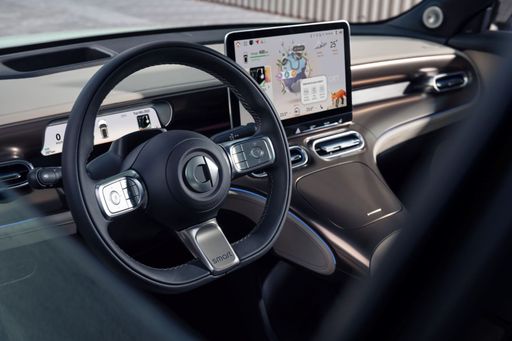 @ Smart Deutschland
@ Smart Deutschland

|

|
|
|
|
Costs and Consumption |
|
|---|---|
|
Price
17400 - 24000 £
|
Price
31700 - 45000 £
|
|
Consumption L/100km
5.2 - 5.3 L
|
Consumption L/100km
-
|
|
Consumption kWh/100km
-
|
Consumption kWh/100km
16.8 - 18.2 kWh
|
|
Electric Range
-
|
Electric Range
310 - 440 km
|
|
Battery Capacity
-
|
Battery Capacity
47 - 62 kWh
|
|
co2
119 - 121 g/km
|
co2
0 g/km
|
|
Fuel tank capacity
40 L
|
Fuel tank capacity
-
|
Dimensions and Body |
|
|---|---|
|
Body Type
Hatchback
|
Body Type
SUV
|
|
Seats
5
|
Seats
5
|
|
Doors
5
|
Doors
5
|
|
Curb weight
1088 - 1190 kg
|
Curb weight
1780 - 1900 kg
|
|
Trunk capacity
352 L
|
Trunk capacity
313 - 323 L
|
|
Length
4065 - 4075 mm
|
Length
4270 - 4300 mm
|
|
Width
1775 mm
|
Width
1822 mm
|
|
Height
1450 - 1455 mm
|
Height
1636 mm
|
|
Max trunk capacity
1165 L
|
Max trunk capacity
976 - 986 L
|
|
Payload
450 - 472 kg
|
Payload
425 - 470 kg
|
Engine and Performance |
|
|---|---|
|
Engine Type
Petrol
|
Engine Type
Electric
|
|
Transmission
Automatic, Manuel
|
Transmission
Automatic
|
|
Transmission Detail
Dual-Clutch Automatic, Manual Gearbox
|
Transmission Detail
Reduction Gearbox
|
|
Drive Type
Front-Wheel Drive
|
Drive Type
Rear-Wheel Drive, All-Wheel Drive
|
|
Power HP
79 - 100 HP
|
Power HP
272 - 428 HP
|
|
Acceleration 0-100km/h
11.1 - 13.7 s
|
Acceleration 0-100km/h
3.9 - 6.7 s
|
|
Max Speed
166 - 183 km/h
|
Max Speed
180 km/h
|
|
Torque
113 - 200 Nm
|
Torque
343 - 584 Nm
|
|
Number of Cylinders
3 - 4
|
Number of Cylinders
-
|
|
Power kW
58 - 74 kW
|
Power kW
200 - 315 kW
|
|
Engine capacity
998 - 1197 cm3
|
Engine capacity
-
|
General |
|
|---|---|
|
Model Year
2024
|
Model Year
2023 - 2024
|
|
CO2 Efficiency Class
D
|
CO2 Efficiency Class
A
|
|
Brand
Hyundai
|
Brand
smart
|
What drivetrain options does the Hyundai i20 have?
The Hyundai i20 is offered with Front-Wheel Drive.
The prices and data displayed are estimates based on German list prices and may vary by country. This information is not legally binding.
